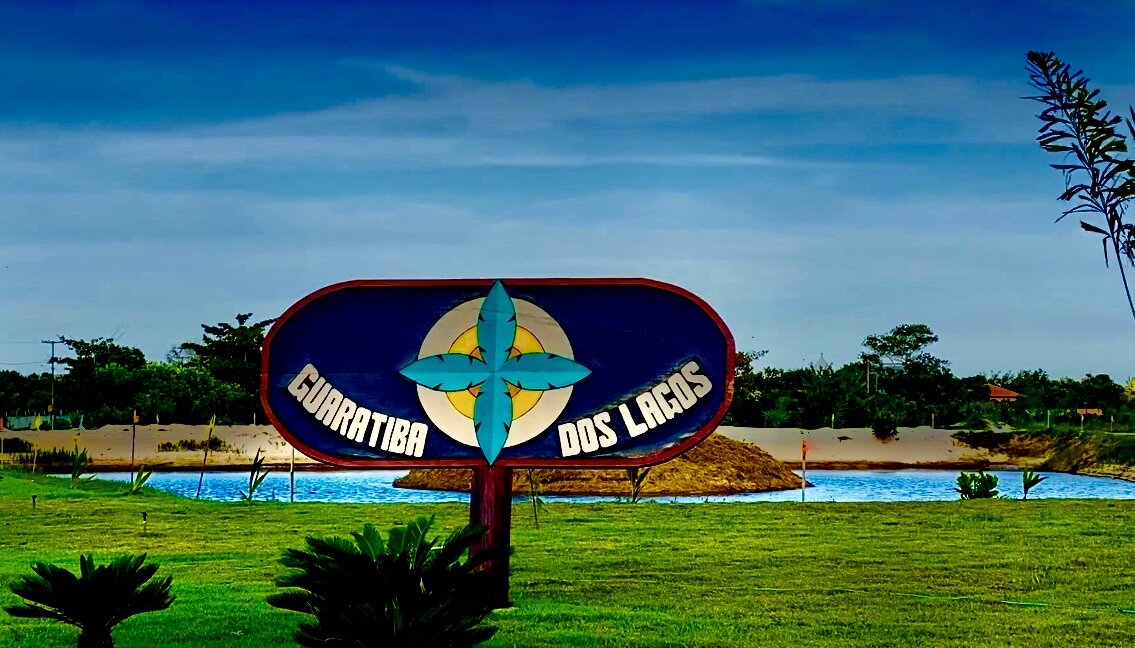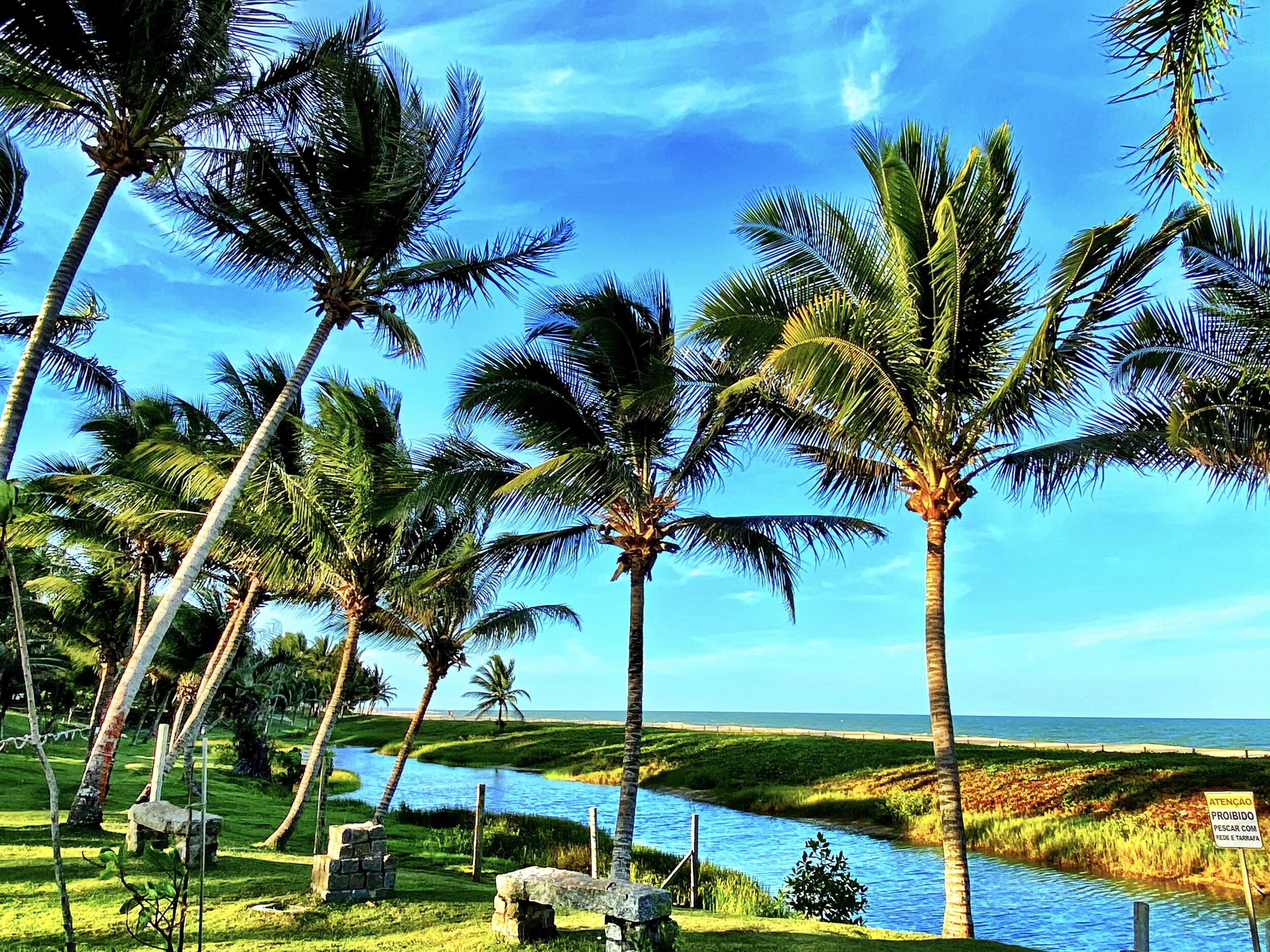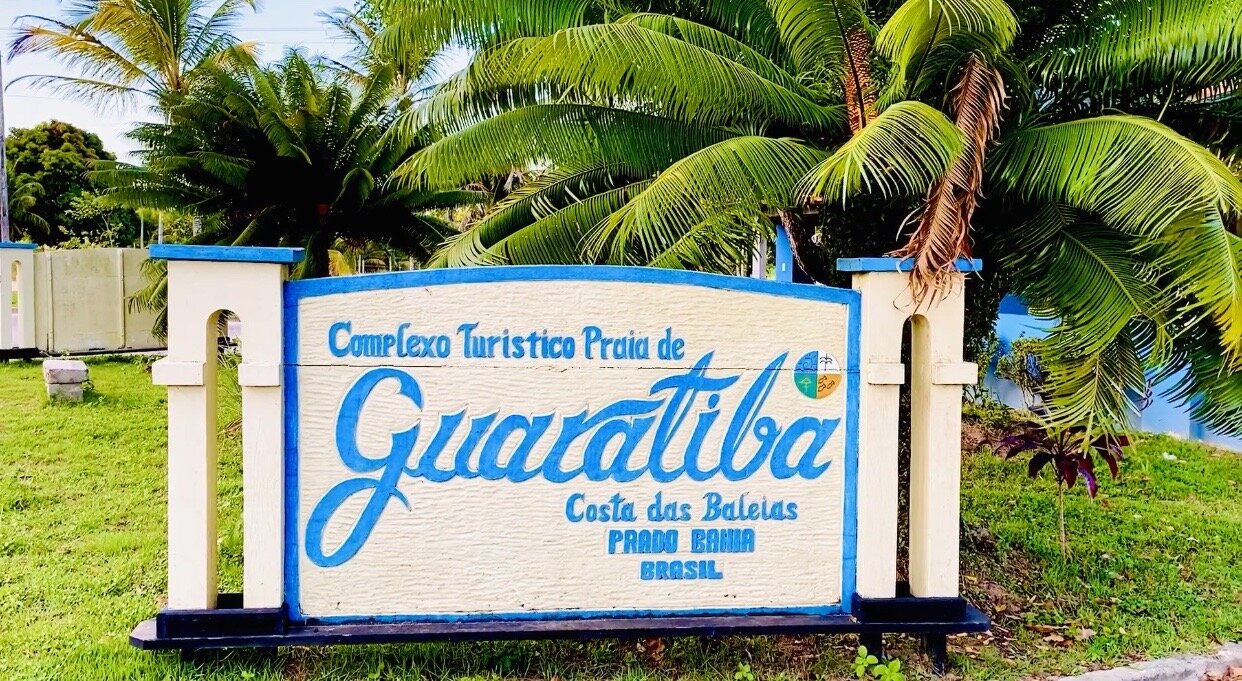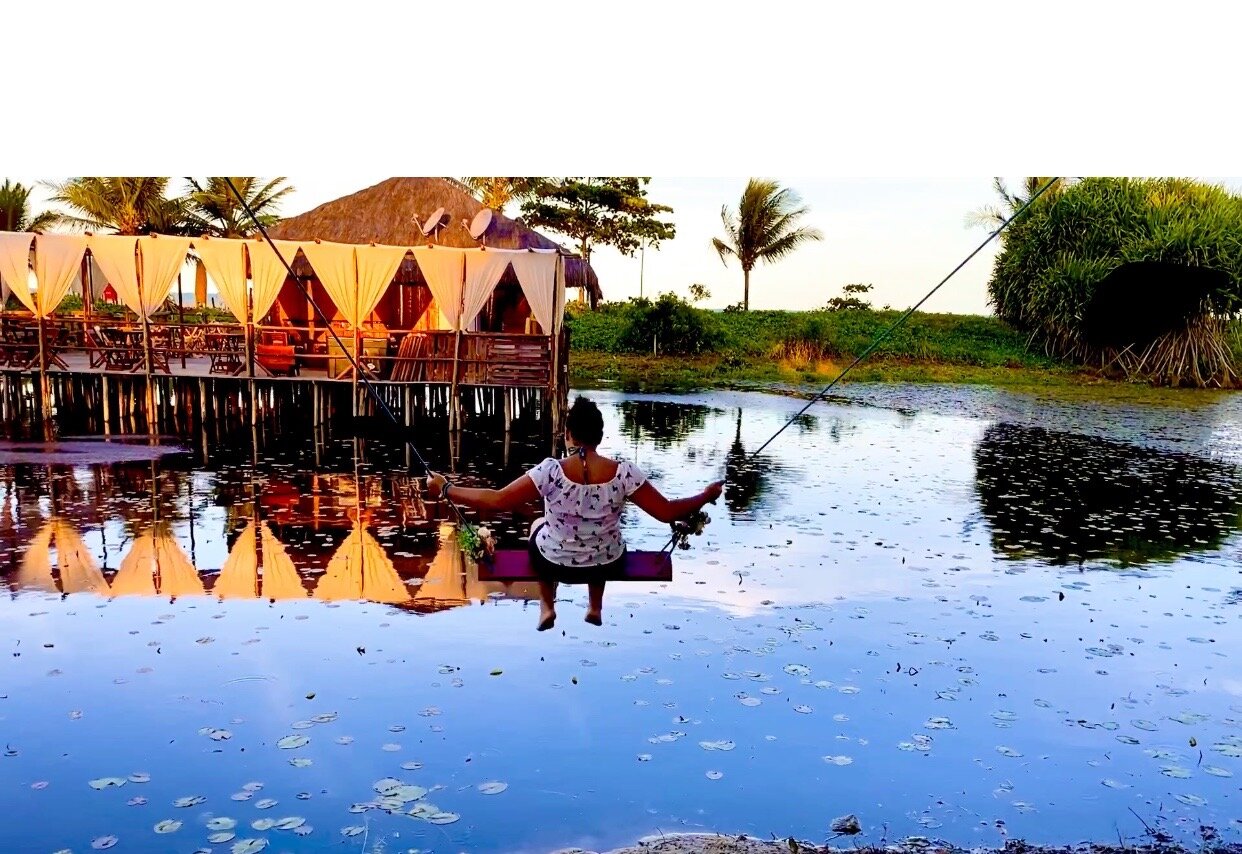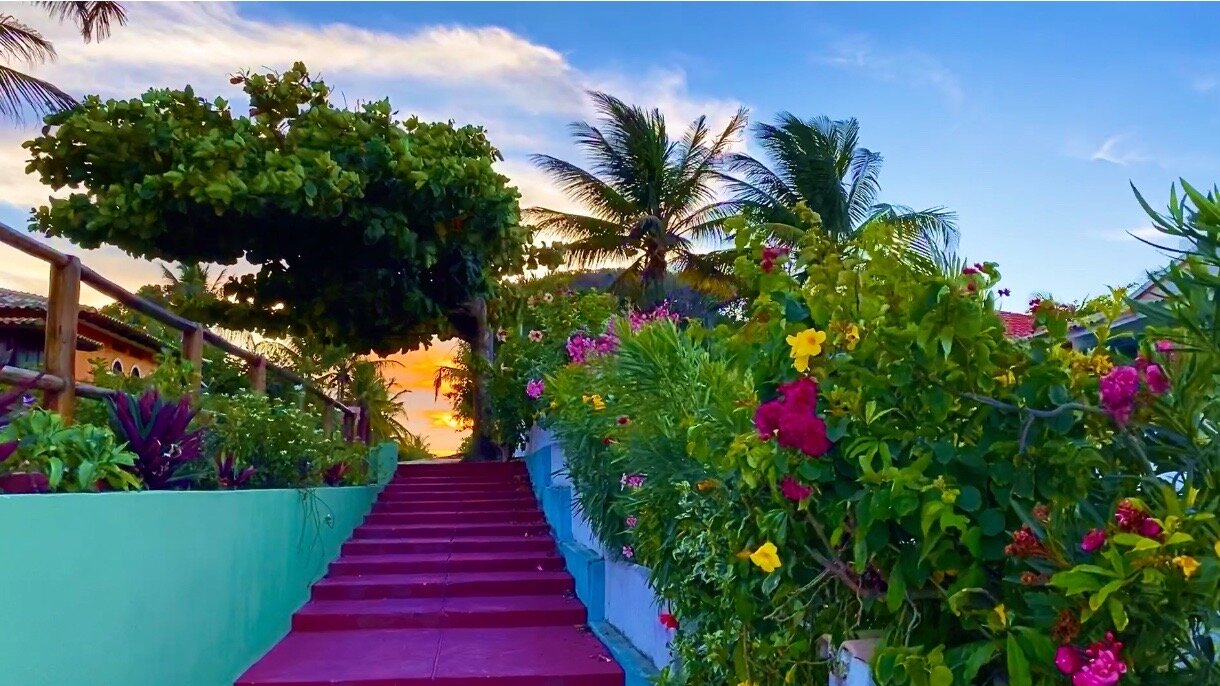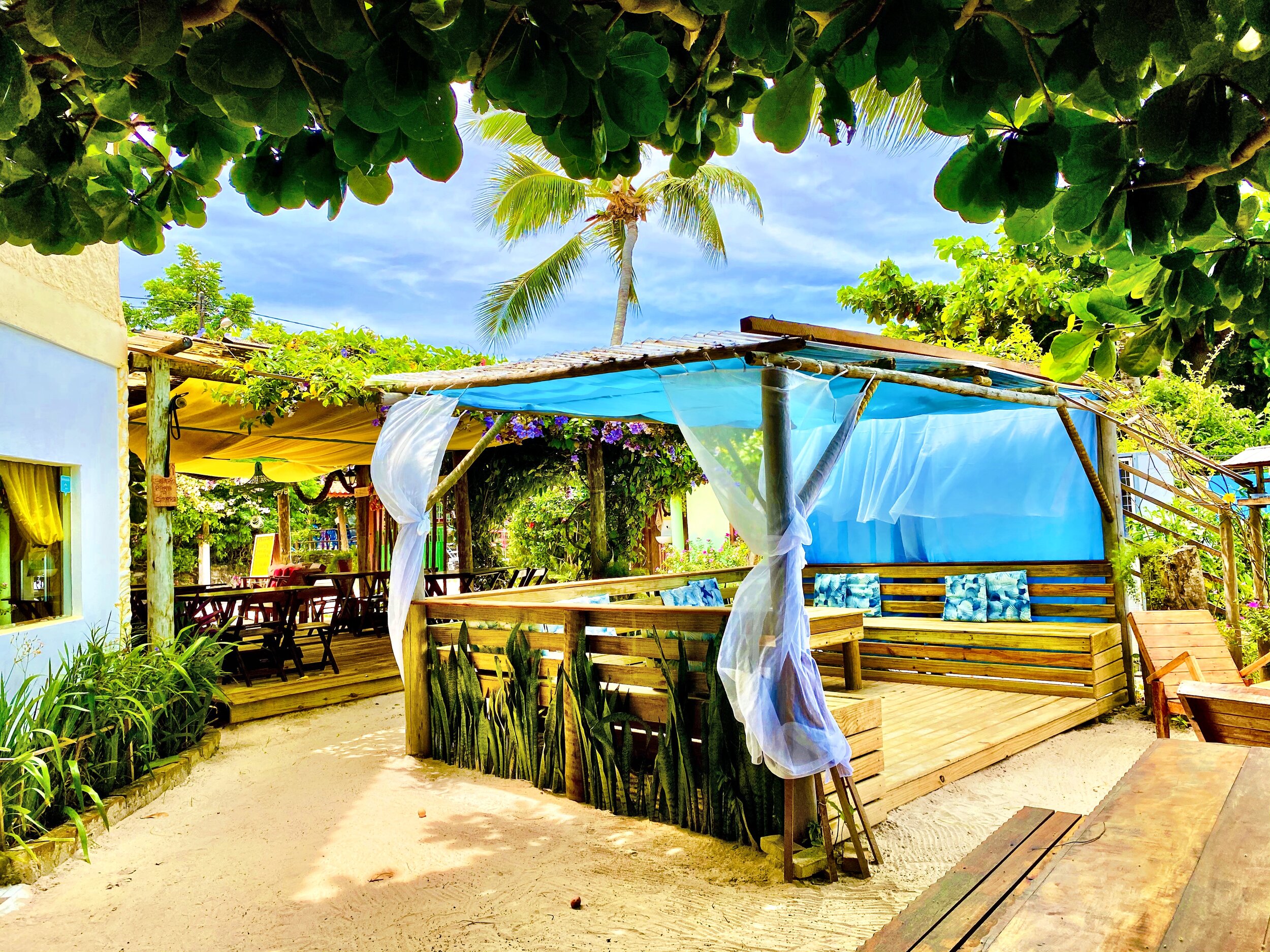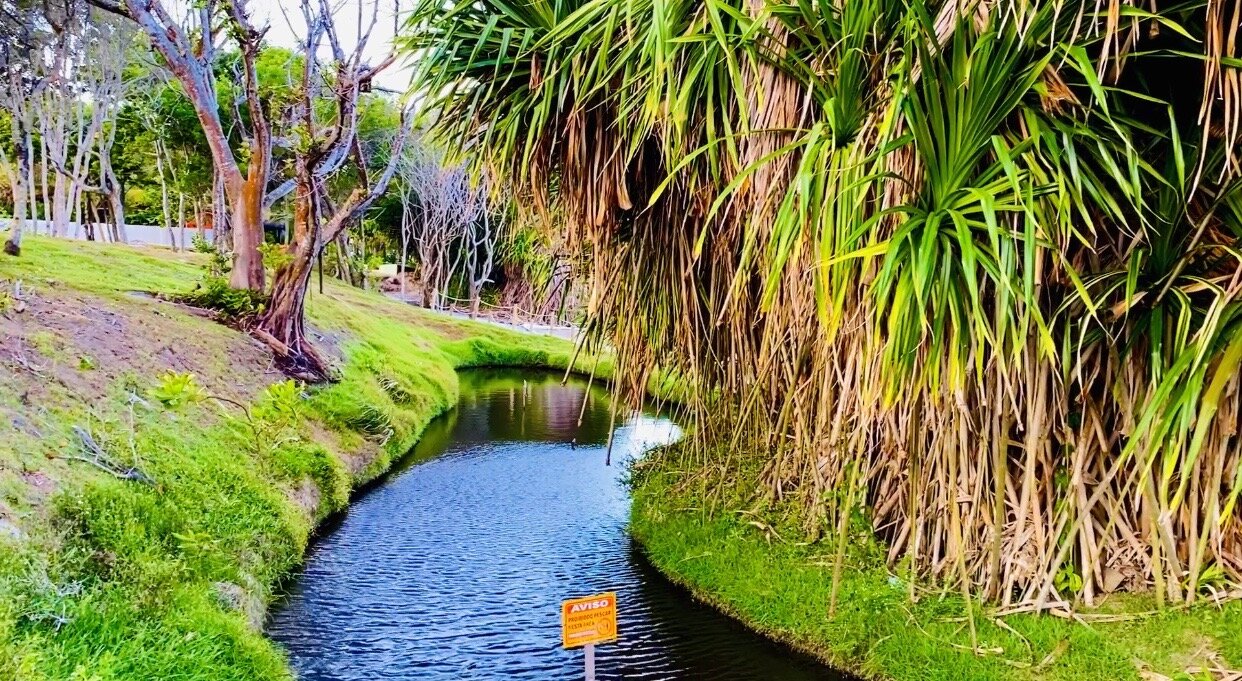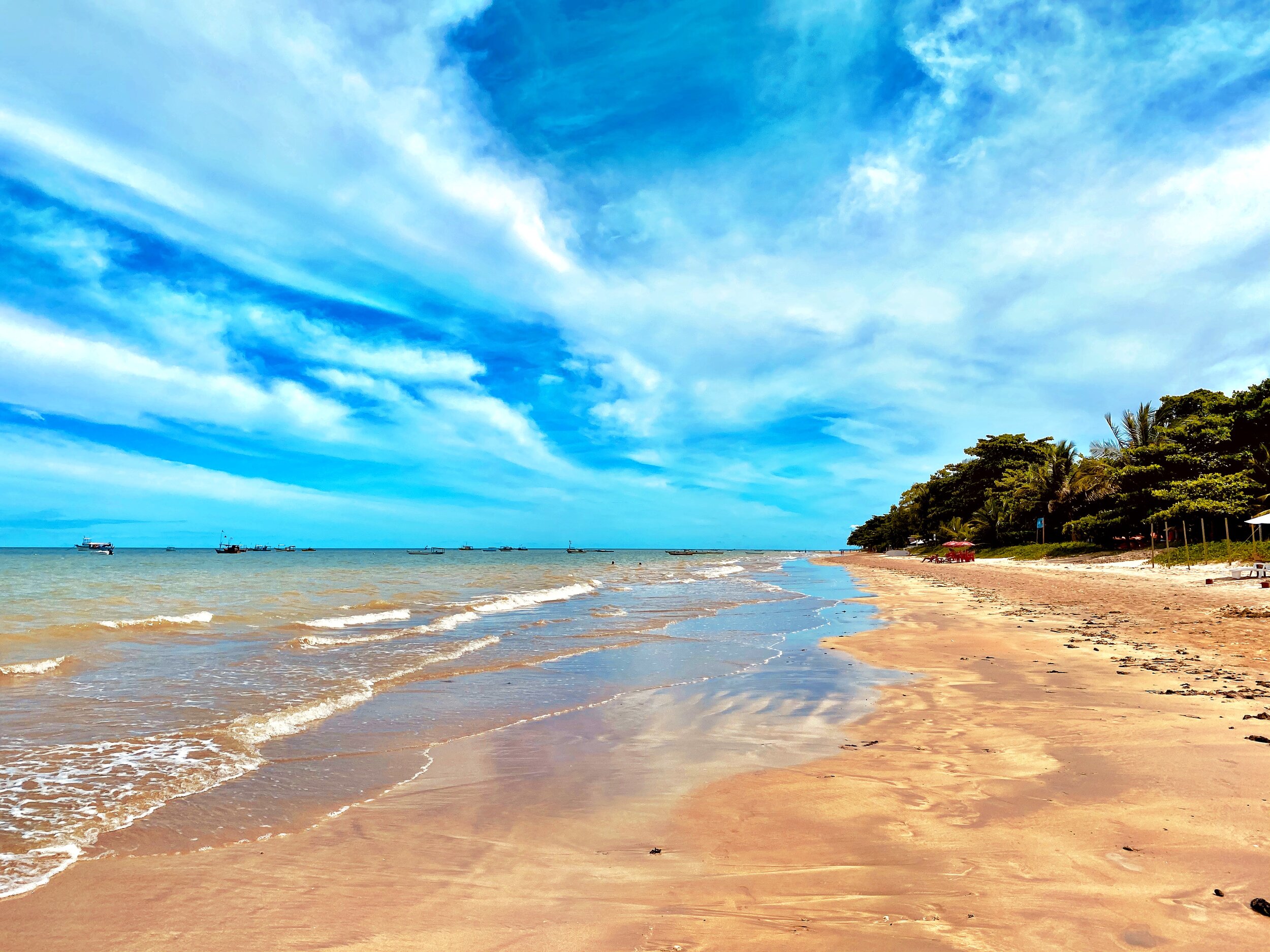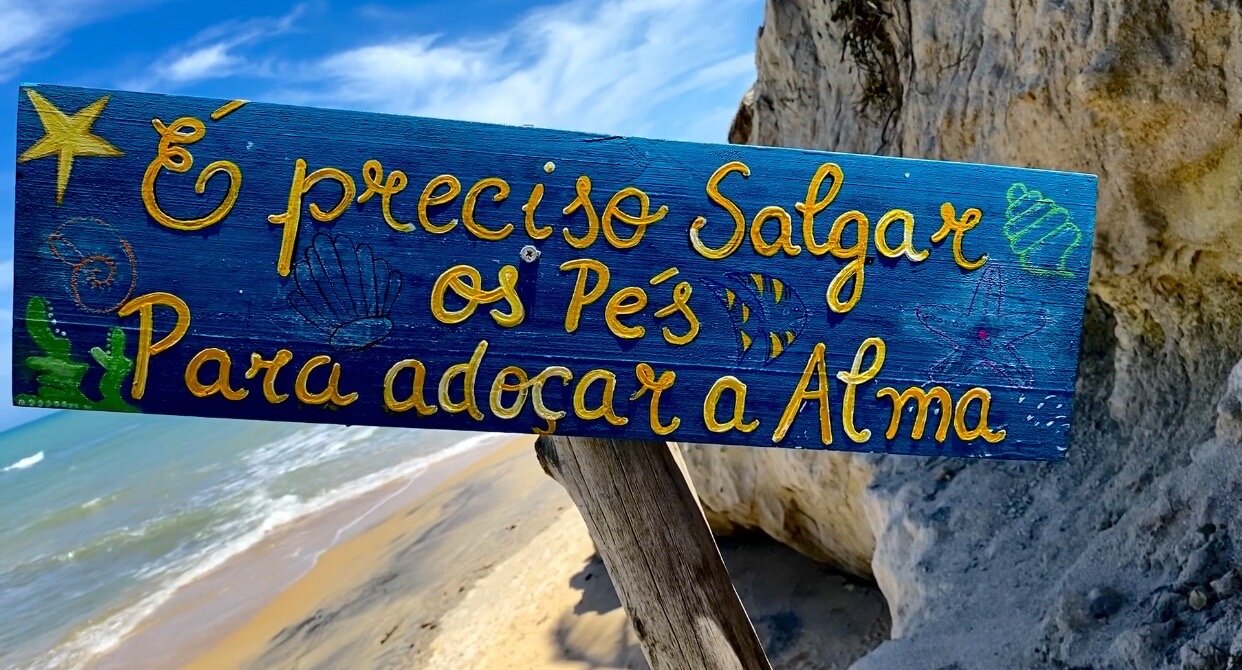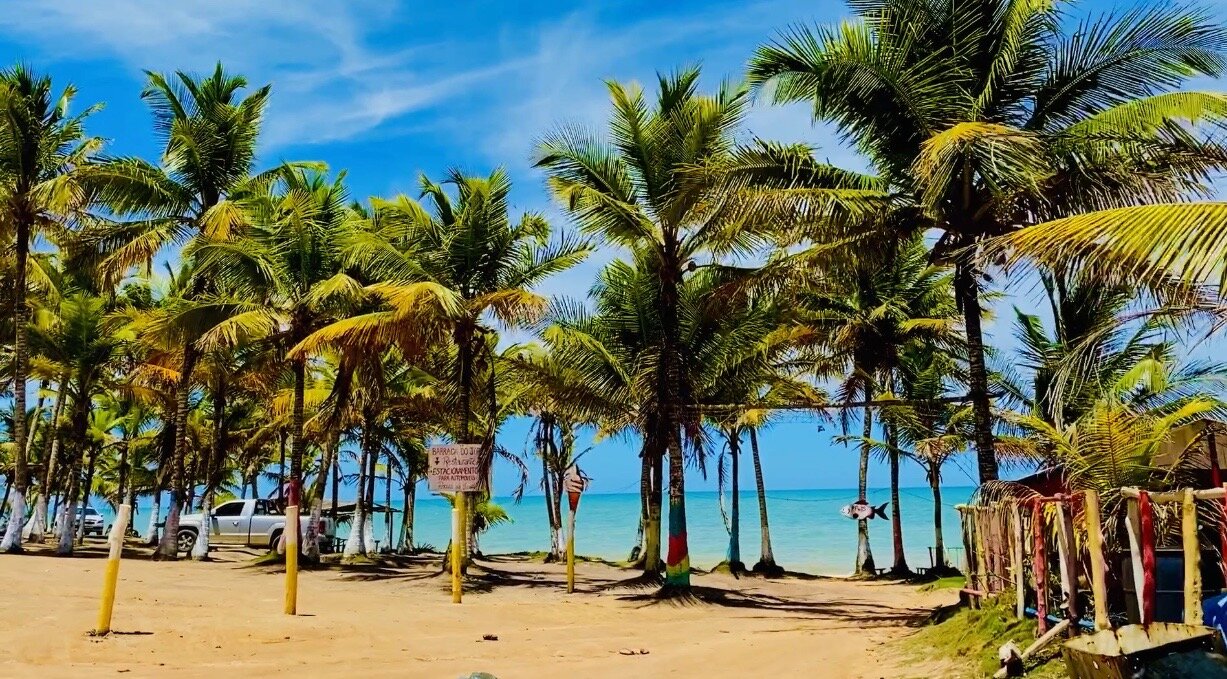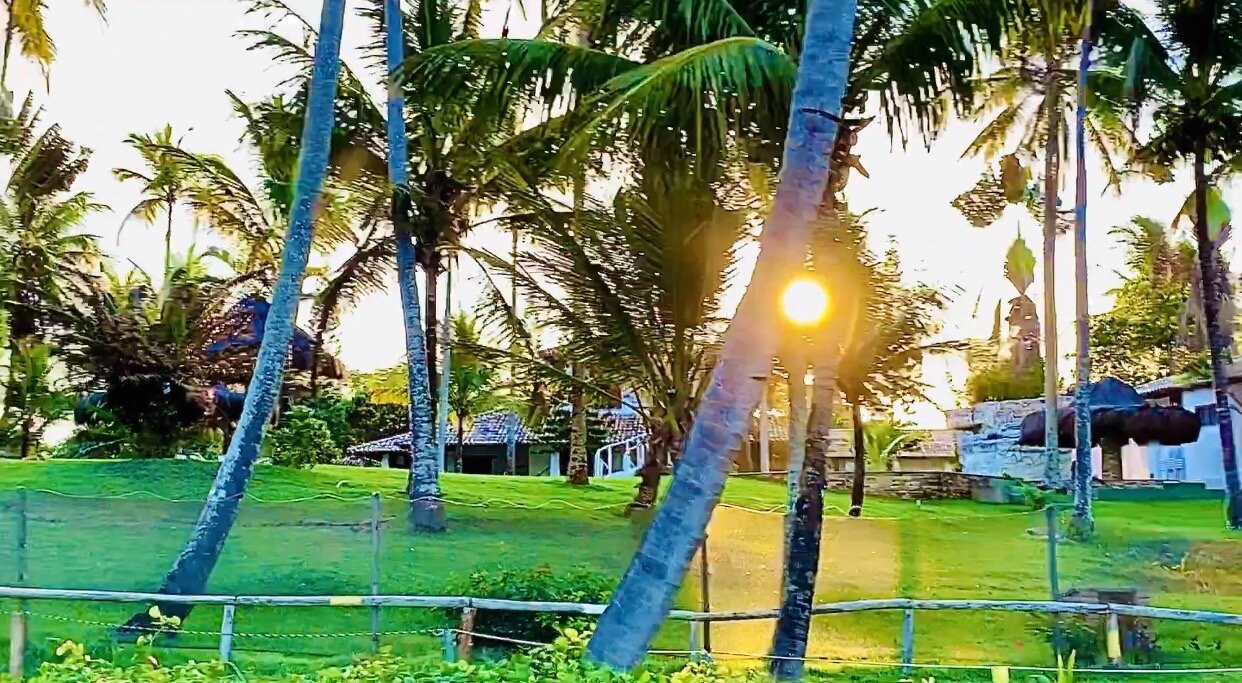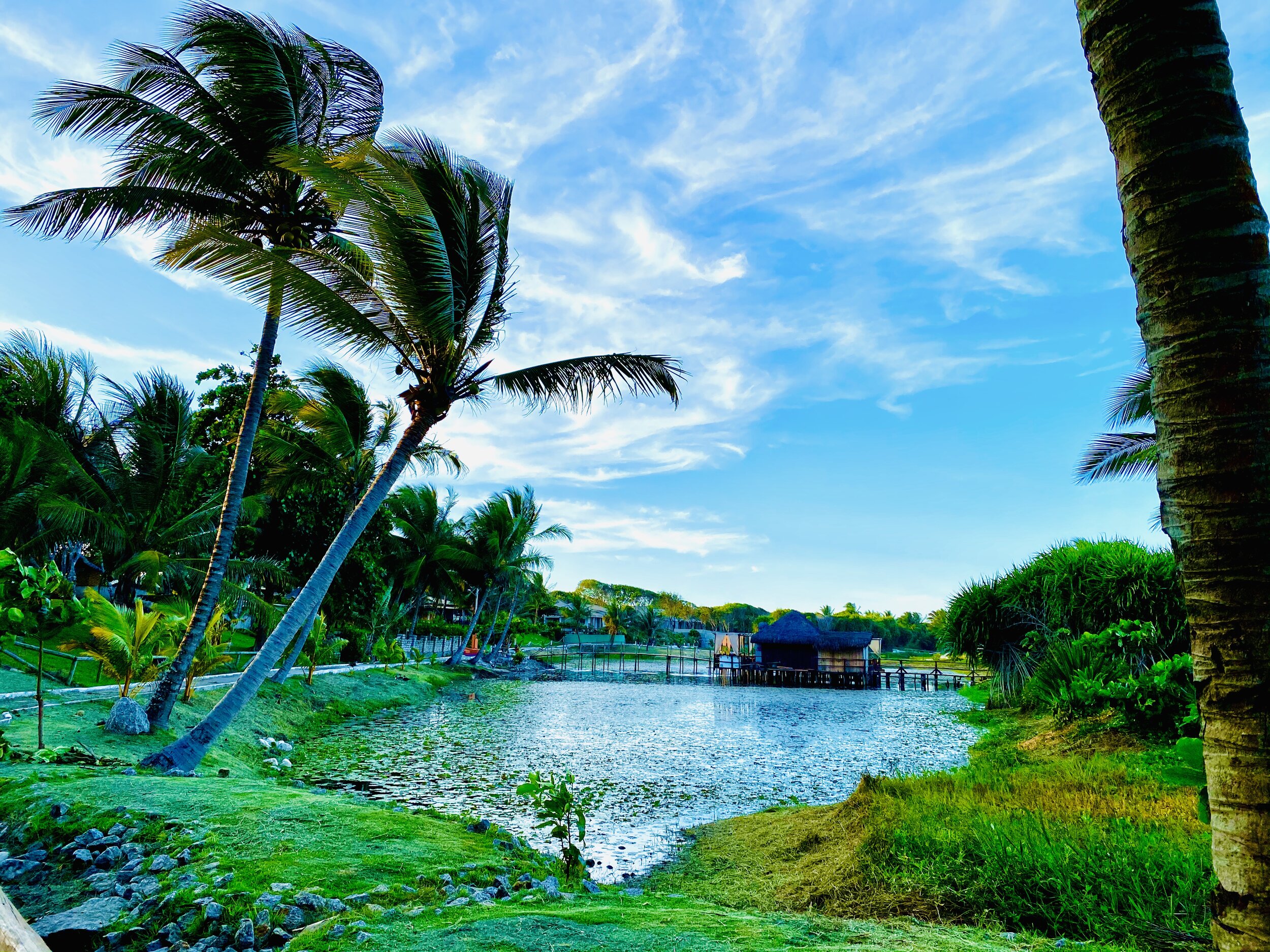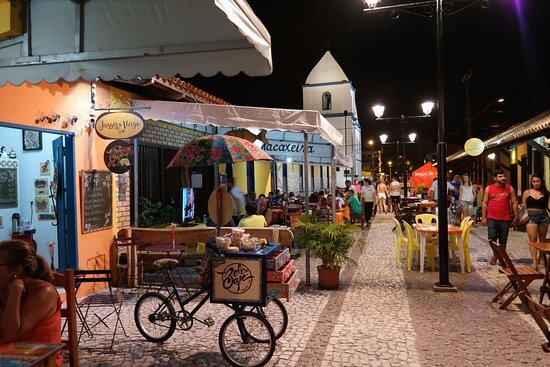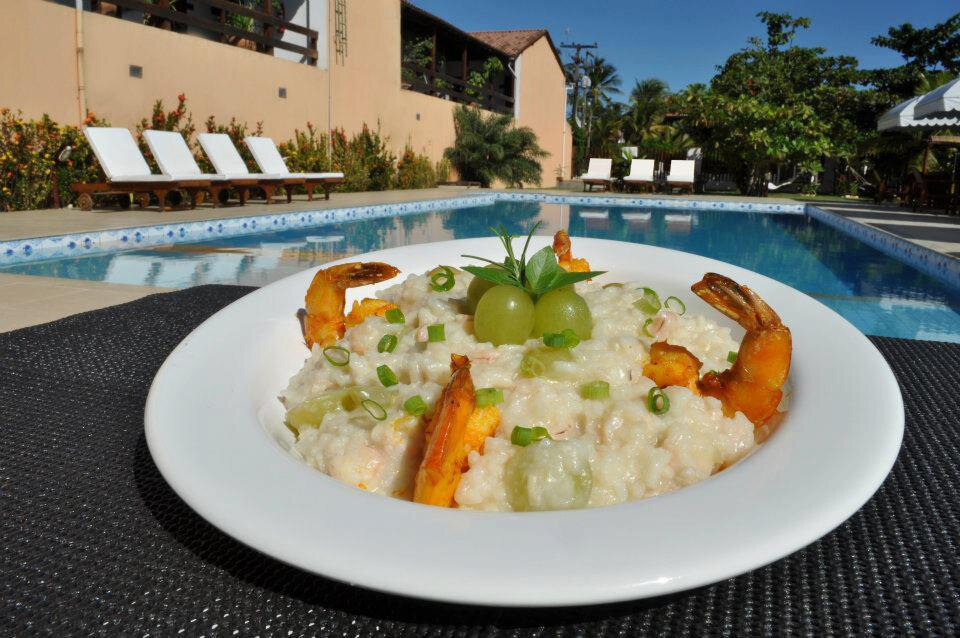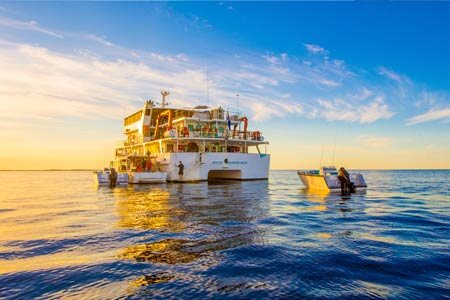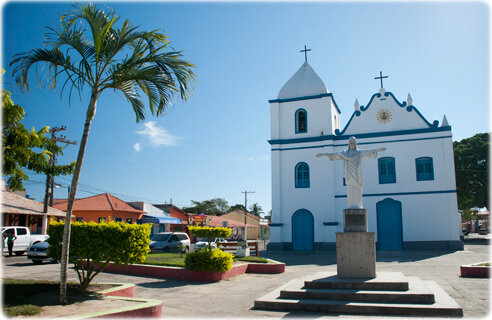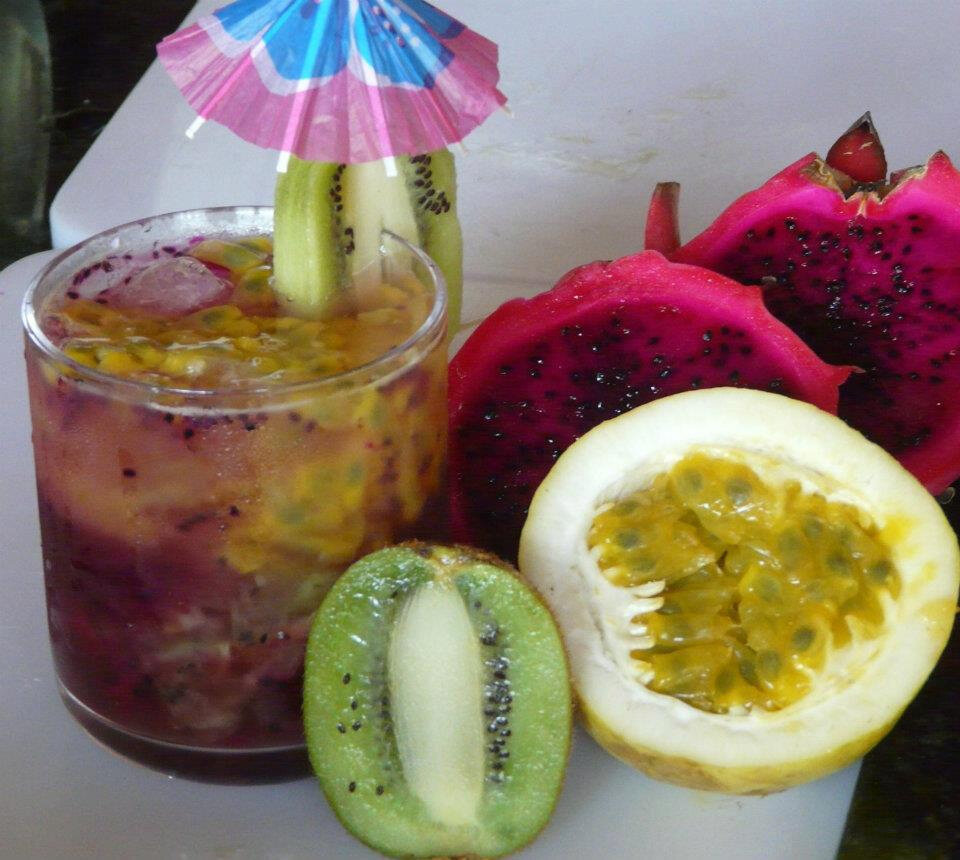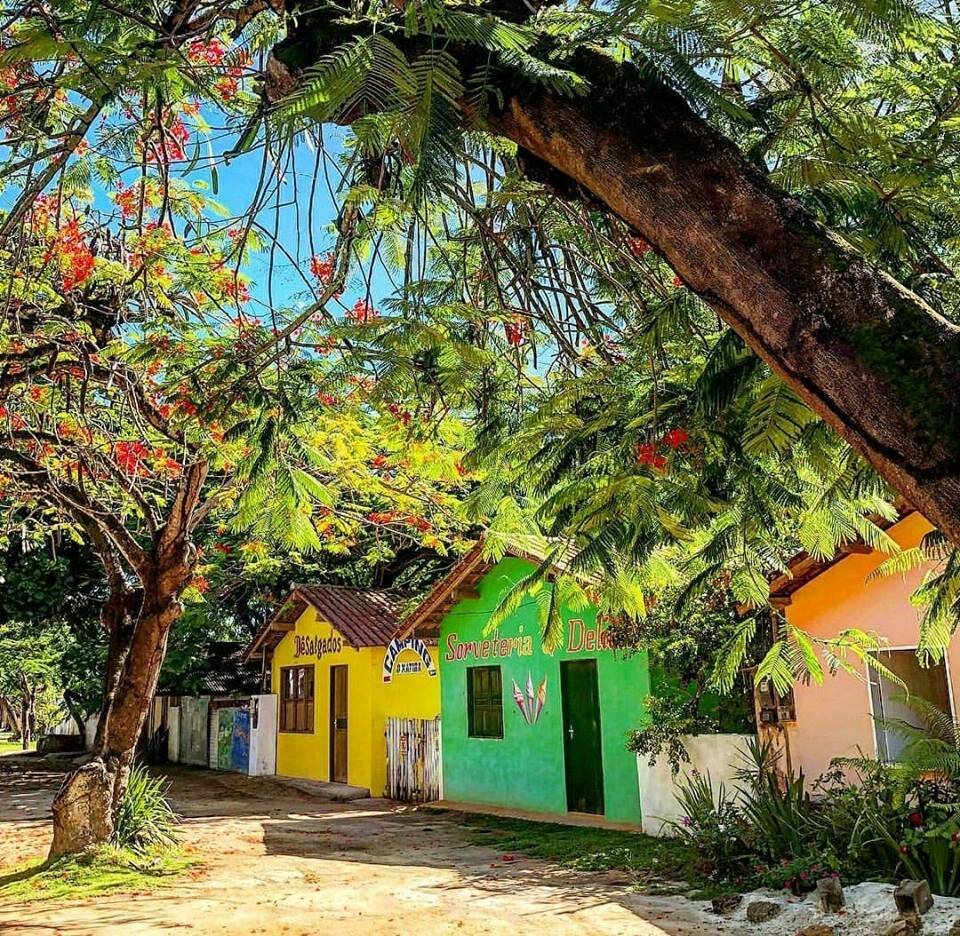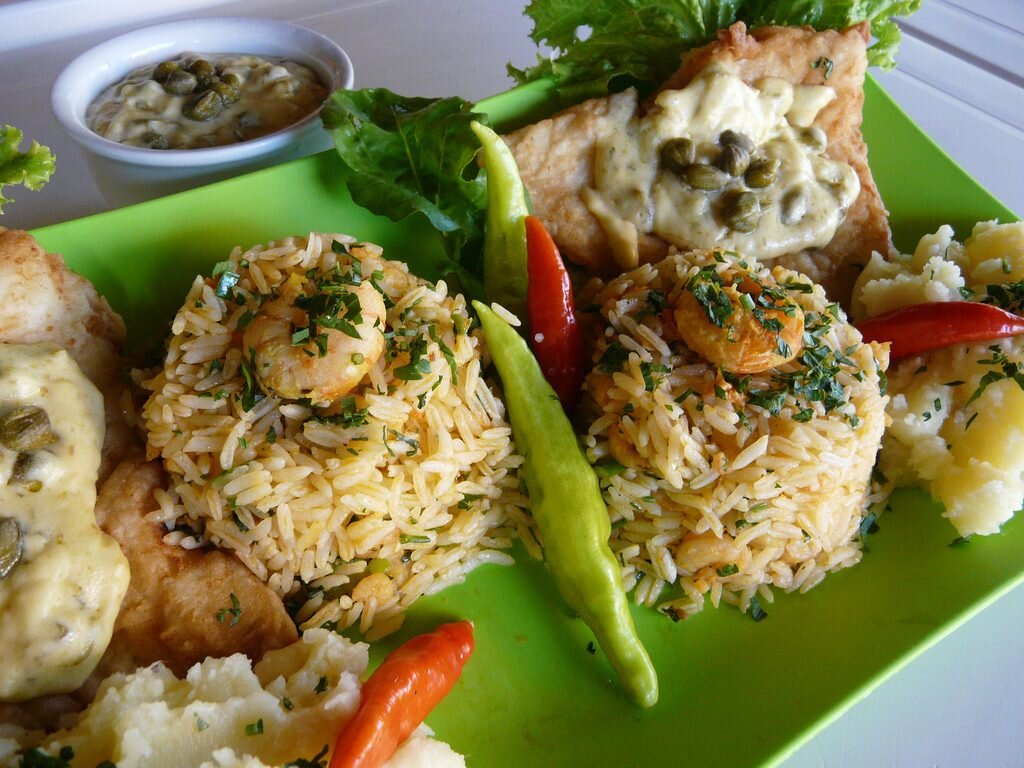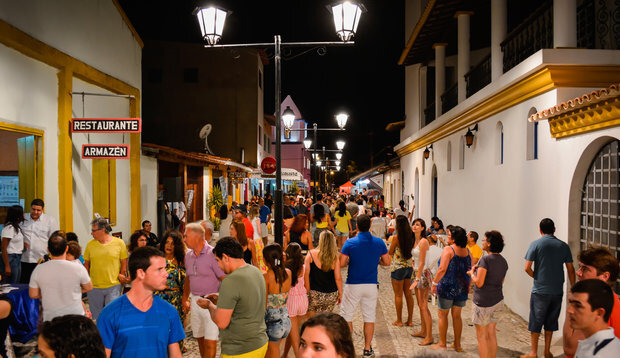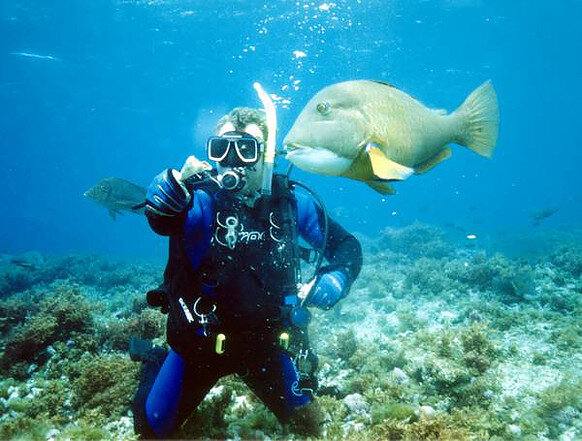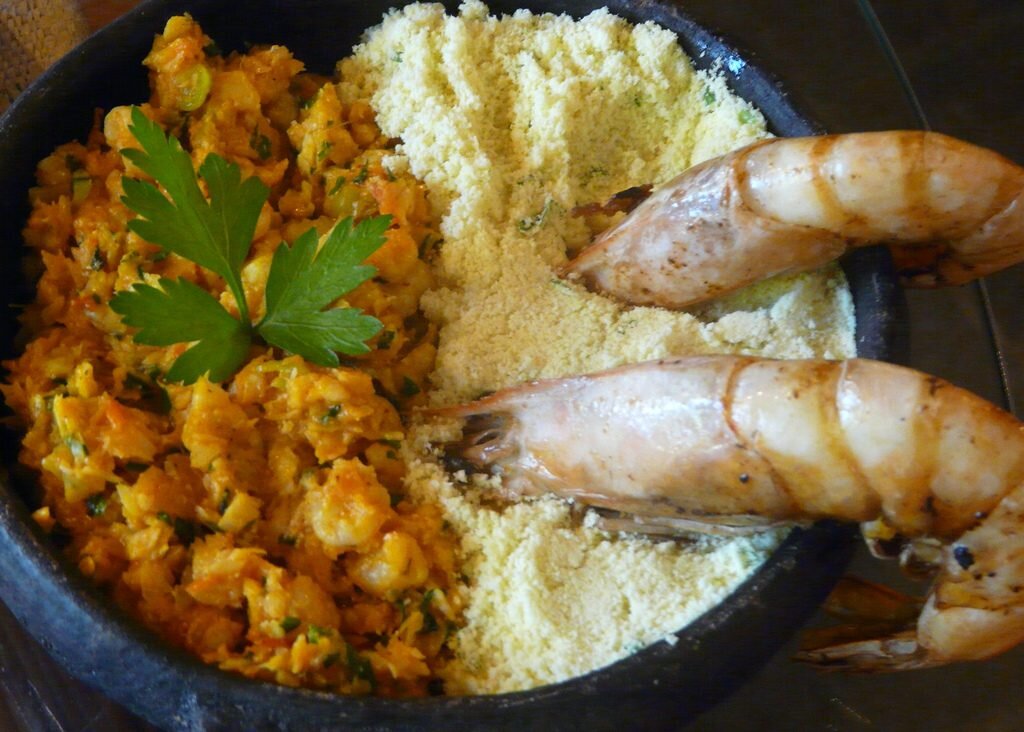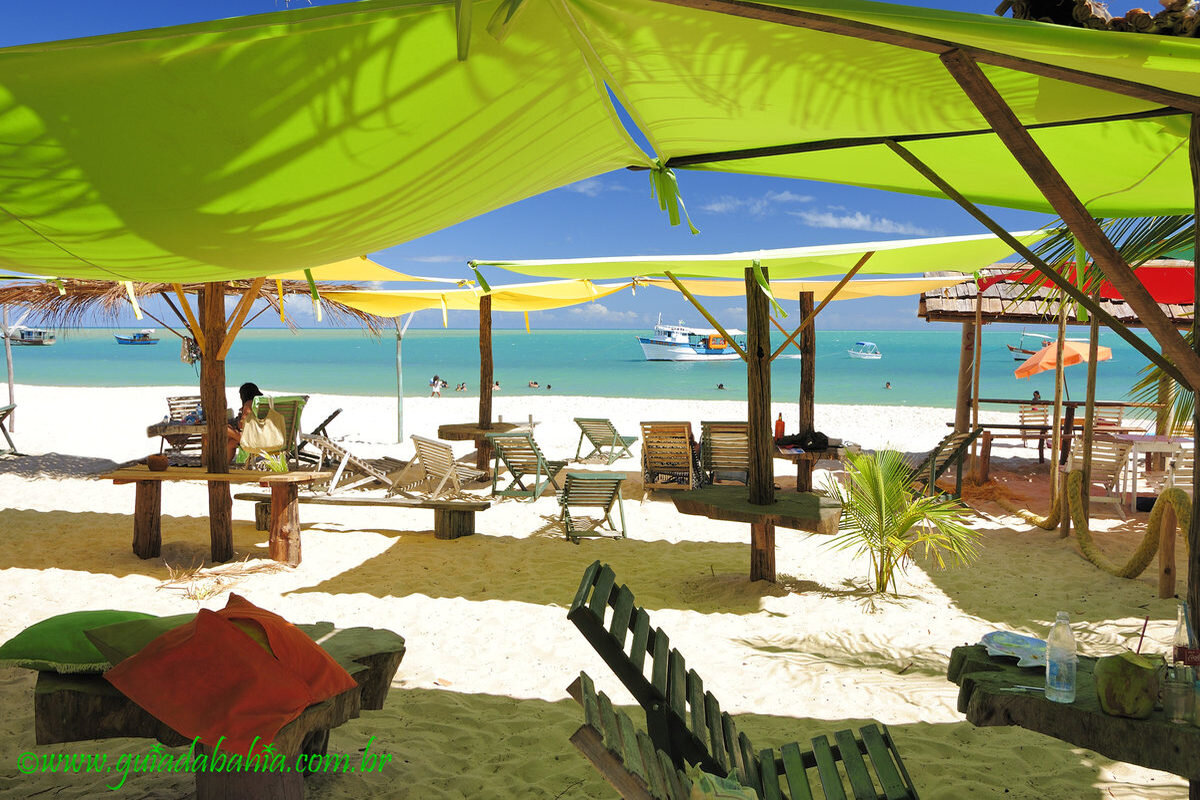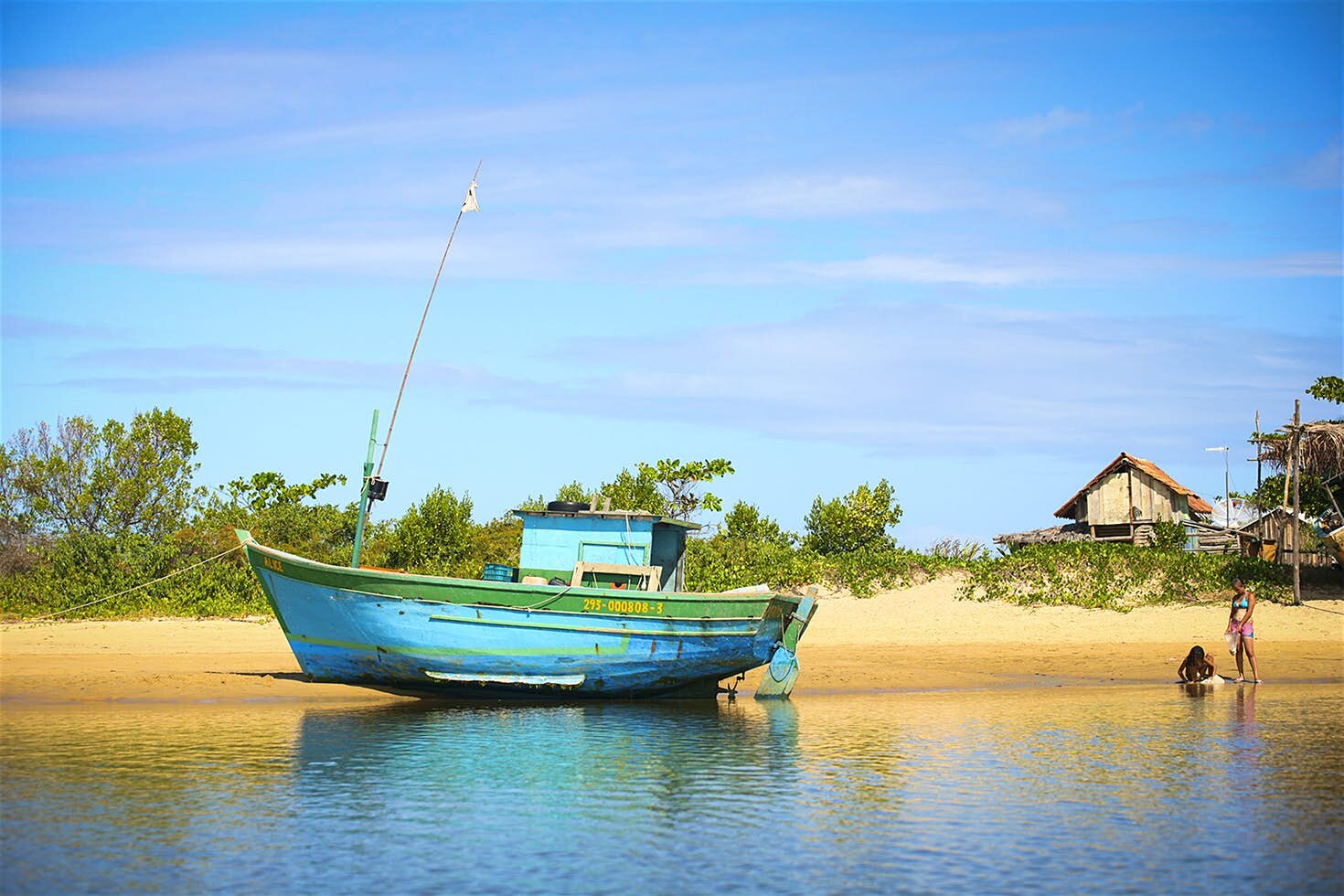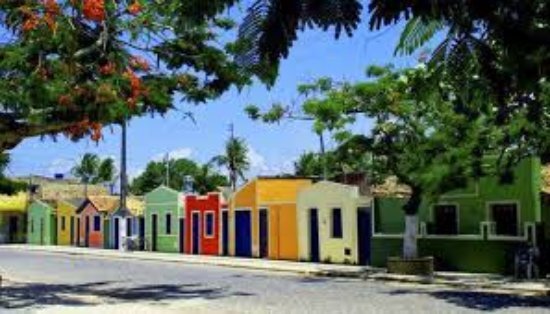About
It All Started When…
When Enrico Peletti, an Italian visionary business man, came to visit Brazil for the first time in November 1991, he had already envisioned the idea to create a bit of paradise in Brazil. He first arrived in Porto Seguro, Bahia. As much he liked the area, it would pale in comparison to Guaratiba. When he arrived and saw the virgin stunning exotic beaches, basked in the gorgeous weather, and waded in the warm waters, he knew he had found the place to create his paradise. He envisioned a community by the sea that would forever change the way people build homes and live in Bahia. To begin, he and 3 foreign partners negotiated and bought the property. Progress was slow in the beginning, with only minor infrastructure improvements made in the first 4 years. As a result, his partners grew impatient and decided to leave the project. Enrico, however, was resolute in his passion and would not stop. He followed his dream and completed the project to create this beautiful development - the most beautiful in the state of Bahia - ready for you to come and enjoy.
Enrico is making Guaratiba available to the world. In addition to Brazil, Enrico has businesses in New York City in the U.S, Udi, Milan, Treviso in Italy, and has correspondents in London England, and friends in Germany and Belgium where he is advertising and promoting this one of a kind project. As a result, today residents of Guaratiba come from all over the world. They enjoy all that this bit of paradise has to offer - natural beauty, exclusive beaches, year-round tropical weather, privacy and security, property amenities, easy access to local businesses, and a launching point to exotic destinations throughout Brazil.
Unfortunately, beach front property is no longer available. However, to address the increasing demand, we have recently launched additional development of 600 lots that are an easy walk to the beach. For these exclusive sites, we are creating a system of lakes, ponds, and rivers to encircle the community with water, wildlife, and natural beauty unlike anything you have seen. Come to Guaratiba where Enrico’s bit of paradise is ready for you.
(Private Gated Community) at Guaratiba Beach Prado- Bahia|Brazil
Lots available for Sale
• Lots of 600m²
• Artificial lakes
• Football field
• Tennis court
• Ecological trail
• Playground
• Less than Half mile from the beach
Lots starting at $ 20,000.00
Don’t just dream it. Live it! What are you still waiting for?
Reserve your Lot.
A private gated community located at Guaratiba Beach only five minutes away from PRADO- BAHIA, a town lined with 52 miles of beaches and abundant rivers, owner of wonderful natural treasures, a rich culture from indigenous peoples, leisure and top-notch cuisines, excellent infrastructure, nice hotels and restaurants that make this charming city a special place for you. PRADO is known for harboring unique coastal attractions, such as the presence of the Humpback whales, which leave the Antarctic towards the warm waters of Bahia to breed and suckle their young.
Buy Your Lot and Build Your Dream Home in Guaratiba Beach
Average cost to build a home per square foot in Guaratiba Brazil is between $ 28.00- $35.00 per square foot.
Example: If you build a home of 3.875 square foot in a lot of 6.500 square foot you may spend anything between $108.500 - $135.000.
No One Can’t beat that…
Invest in your future| Plan your retirement
Don't miss this one of a kind opportunity to invest in your future in Brazil.
Contact us
Welcome to Paradise in Brazil…
Please Watch the Videos Below to Learn More About Guaratiba
Don’t just dream it. Live it!
Come to visit and check things out. It’s really worth it! Guaratiba beach is a beautiful place that brings peace to the heart, mind, and soul. It’s definitively a place that everyone should visit at least once in their lifetime. We have an amazing infrastructure, plenty of restaurants, hotels and inns, bars, grocery stores and we are still growing! We have an association of restaurant owners that promote themed parties and gatherings throughout the summer to bring the community together. Guaratiba is not Rio or Sao Paulo - its the safest place in the world! You and your family can enjoy your stay in a worry-free environment where windows are left open and doors unlocked. It’s summer here all year long, the water is warm and the breezes are cool. Come and enjoy our bit of paradise.
GUARATIBA dos Lagos Offer:
• LOTS starting from Six Thousand and five hundred square feet | 66 ft from the front and 99 ft from the side
• ARTIFICIAL LAKES • FOOTBALL FIELD • TENNIS COURT • ECOLOGICAL TRAIL • PLAYGROUND • LESS THAN HALF MILE FROM THE BEACH
What’s around Guaratiba Beach?
Cities and beaches in the extreme south of Bahia
Mucuri 110 Miles from Guaratiba | Time of Travel 2 hours and 7 min
Nova Viçosa 100 Miles from Guaratiba | Time of Travel 2 hours and 16 min
Caravelas 32 Miles from Guaratiba | Time of Travel 45 min.
Alcobaça 16 Miles from Guaratiba | Time of Travel 27 min.
Abrolhos Archipelago 55 Miles from Guaratiba | Time of Travel 4 hours by sea.
Prado 9 Miles from Guaratiba | Time of Travel 9 min
Tororão Beach 15 Miles from Guaratiba | Time of Travel 25 min
Cumuruxatiba 27 Miles from Guaratiba | Time of Travel 45 min
Porto Seguro and Arraial D’Juda 128 Miles from Guaratiba | Time of Travel 3 hours and 19 min.
Explore the Beauty of Prado-Bahia in Brazil
9 Miles from Guaratiba | Time of Travel 9 MInutes
Explore the Beauty of Tororão Beach-Bahia in Brazil
15 Miles from Guaratiba | Time of Travel 25 MInutes
Explore the Beauty of Abrolhos-Bahia in Brazil
55 MILES FROM GUARATIBA | TIME OF TRAVEL 4 Hours by Sea
Explore the Beauty of Porto Seguro-Bahia in Brazil
128 MILES FROM GUARATIBA | TIME OF TRAVEL 3 Hours and 19 minutes
Photo Gallery
Information for Foreign Investors
How to get to Brazil and Guaratiba Prado- Bahia from abroad?
Porto Seguro International Airport (BPS) has access from Europe and United States, but, no airlines flying direct. However, many international visitors choose to fly to Rio de Janeiro or São Paulo, in the southeast of the country, as their airports have more connections with many of the main cities in the world. There are several connecting flights from São Paulo and Rio de Janeiro to Porto Seguro International Airport (BPS), and it takes just 1 ½ hours to 2 hours. The main companies that serve Porto Seguro include: airlines including American Airlines, LATAM Airlines Group, GOL Linhas Aéreas, Azul Airlines - After you land in Porto Seguro, there are 4 ways to get to Prado by bus, taxi, car or towncar.
What companies run services between Porto Seguro and Prado?
There is no direct connection from Porto Seguro to Prado. However, we recommend taking the bus from Porto Seguro to Itamaraju and then taking the taxi to Prado, which takes around 3h 25m. Alternatively, you can take the bus to Caraíva then take the taxi to Prado.
Bus operators
Gontijo Ave. Duration 2h 33m Frequency Once daily Estimated price $11 - $17
Bus Ave. Duration 2h 30m Frequency Twice daily Estimated price $3
Other operators
Uber Porto Seguro Ave. Duration 3h 7m Frequency On demand Estimated price $120 - $140
Bus, Taxi Via Itamaraju - 3 hours and 25 min Price $42- $57
Altenatives route:
Bus, Taxi - 5 hours and 21 min Price $122 - $152
Drive - 3 hours and 7 min FASTEST | CHEAPEST $22 - $35
Uber - 3 hours and 7 min $120 - $140
Do I need a lawyer to buy a property In Brazil?
You are welcome to consult a lawyer, but not everyone opts for one, particularly when it comes to simple transactions, such as real estate in the floor project our experienced sales and administrative staff, handles documentation and bureaucracy to facilitate transactions and provides guidance throughout this process. We have a wide network of independent lawyers throughout Bahia, who can be recommended accordingly.
How does the purchase process work?
The buyer locates the property / lot and makes an agreement with the owner about the purchase, payment method, etc. As soon an initial search on the documentation is done; all original documents of the property and proof of ownership are removed from the official registry office. Documents related to the payment of property taxes (IPTU) and negative certificates of debts and obligations of the owner are required. The buyer must obtain a Brazilian social Security Number (CPF) (CLICK HERE below for more information). A contract between the buyer and the seller is drawn up, called a private purchase and sale contract. A small deposit of 30% will guarantee the property while we prepare the documentation and the particulars of it. The seller will then carry out the due diligence process to prove that the deed is correct, that the land is of the right size and that there is no debt related to the property, such as accounts pending of bonds and debts. The money is transferred from the buyer's account. The transfer of the property occurs during the public deed of purchase and sale. In the transfer, the ITIV (Inter Vivos Transmission Tax), which varies from 2% to 4% of the property value, depending on the municipality in which it is located, is paid to the municipality (see below for more details). In addition, the buyer must pay the notary and registration fees, which can reach 2% of the property value. Once fees and taxes are paid and the property is transferred to the buyer through the "Escritura Pública" (title deed); the property is then officially registered in the buyer's name at the property registry office. Generally, it takes 30 days to complete the registration of the deed; this document is called registration, which shows the history of buying and selling a certain property and guarantees rights to the buyer. This is an essential procedure and without it there is no legal ownership of the property.
How is the purchase process for real estate in the floor project?
First, it is necessary to reserve the property / lot with the owner. This reservation is valid for 2 or 3 days. A “reservation contract” is signed and a deposit is paid to guarantee the property / lot. This amount varies, but it is usually around 30% of the value of the property. Reservation contracts specify the date on which the full deposit is due, usually between 21 and 30 days after signing. Then the owner may show proof of current ownership, that the deed is correct and that there is no debt, such as outstanding accounts for the property. If everything is right with the contract, it is signed and the money transferred to the seller account through the Bank. There are usually options in which the buyer makes a payment plan with installments that go through the delivery date. The owner is generally willing to receive payment proposals.
This means that the final amount paid may differ slightly from the amount initially negotiated. The deed of the property is usually transferred to the buyer after full payment is completed. This is called "Public Deed".
Once the property is yours, what expenses and taxes can you incur?
IPTU (Property Tax and Urban Territorial). This tax is for urban property owners. Urban properties are subject to an annual municipal tax of between 0.6% and 1% of the official value of the property. However, the official value is generally much less than the real value of the property. Taxes vary depending on the municipality where it is purchased. Forum fee - it is like a rental fee, but currently only for the Marine Zone, beach area (only applies to properties facing the sea). Technically, it is not possible to own a beach area in Brazil and areas facing the sea can only be rented through the SPU (Secretariat of Patrimony of the Union) of the Brazilian federal government, therefore, the FORO fee. It does not apply to all areas facing the sea, so research is needed to find out if this restriction applies. In addition, in many areas, it is prohibited to build in areas facing the sea, so it is not feasible to register the area with the SPU and pay for it. Bills - As with any property, if you own a house or apartment, water and electricity bills must be paid. If the property / lot is in a condominium, the owners must pay the condominium fees, which cover the administration of the condominium, such as security and conservation of the facilities in common use.
What are the costs associated with buying a property in Brazil?
The costs of real estate transactions in Brazil are as follows: (these may vary depending on the location and specific circumstances). ITIV (Inter Vivos Transmission Tax). This is a property transfer tax that varies from 2 to 4% of the property's value, depending on the local municipality. Deed and registration: once the deed is registered, the notary will charge a fee according to a variable table. However, the amount charged is generally less than 2%. On average, the deed costs 1.25% of the value of the property and registration registration 0.75%. Attorney fees - typically between 0.5% and 2% depending on the complexity of the transaction. Laudêmio - applies only to properties facing the sea. In the beach area, the first 30 meters from the high tide line belong to the Brazilian State, the so-called Zona Marinha. A buyer can obtain private use of the area by paying an occupational fee to the government (Foro-see above). When an owner sells this use, the Brazilian State is entitled to 5% of this usage fee, not the value of the property. This fee is called Laudêmio. We at A Bit of Paradise in Brazil strive to find the lowest possible costs and help and support you throughout the process.
What are the taxes arising from the sale of the property?
Capital gains on real estate in Brazil are subject to taxes, for Brazilians and foreigners. Generally, this value can be reduced significantly or even be zero; for example, when the money was invested in improvements to the property. Brazilian residents have their expenses reduced proportionally over time, as owners of the property. The fixed rate is set at just 15% and depends on any double taxation agreement the country may have. This situation can be completely avoided in the following cases: Profit reinvestment in Brazil. Keep the property for a long time. This applies only to Brazilian residents, but this definition is ambiguous, as a foreigner has the possibility to obtain an investor visa.
What is CPF number and how to get it?
The CPF is a Brazilian social security number necessary for any administrative action in Brazil; for example, buying a house, car, telephone line or electricity supply. The CPF number can be obtained easily from the Receita Federal in Brazil (Brazilian IRS) website, post office in Brazil or if the buyer can obtain the CPF outside Brazil through a local Brazilian embassy. We at A Bit of Paradise in Brazil will be happy to assist you in obtaining your CPF.
What is the time zone of Bahia?
Bahia is between 3 and 4 hours behind GMT (Greenwich Mean Time). This means that the time difference between Bahia and the USA / Europe is not much.
What is the flight time from other parts of Brazil and abroad to Bahia?
From southeastern Brazil: Around 1 hour from Rio de Janeiro to Porto Seguro and 2 hours from São Paulo. International: From Portugal or Spain the flight time is around 8 to 9 hours. And from the United States around 9 ½ hours.
Can foreigners do real estate financing in Brazil?
It is possible, but only if a permanent visa is obtained; however, there may be changes in this regard. Generally, we advise foreigners to do the financing with international financiers, as the costs tend to be lower and in Brazil the process can be very bureaucratic.
What is the rental potential?
Although it is difficult to generalize, the financial return on rentals is generally very good, especially by European and US standards. If you buy a well-valued property in an area of high demand, the return can be very good. With the economy growing and the number of tourists increasing every year, this scenario can only improve.
How is the climate in Bahia?
It is difficult to imagine an annual climate better than that of Bahia. It is a true tropical climate. Although in the summer it is a little warmer, reaching 32 ° C, the temperature in Bahia is not far from 27 ° C, just a few degrees above or below. The rainy season is generally between June and August, but even so the temperatures are good and there are often days with blue skies and sunshine, a tropical rain is more likely than constant rains, although it usually happens a few weeks in the year that does not rain.
Are there natural disasters in Bahia?
Bahia is free from any natural disasters. Hurricanes, volcanoes, tsunamis and earthquakes do not exist in Bahia.
How do I get a permanent residence visa in Brazil?
There are several ways to obtain a permanent residence visa in Brazil: as an investor, marrying a Brazilian, when you retire or on a job.
As an investor: Creation of a company and the subsequent demonstration of a business that meets local requirements. This includes investing a minimum amount of funds, officially registered through the central bank. Buying a property is not enough, however, it is difficult to specify the difference between a good house and a hostel legally. Based on fixed retirement: If the foreigner is over 50 years old and can prove a permanent monthly income (like a pension - there is no minimum limit), the permanent retirement visa can be obtained.
Are there environmental restrictions for constructions in Bahia?
Fortunately, for tourists and property owners, Bahia has been very strict with its environmental laws. This applies to all aspects of development.Some areas are protected as APA (Environmental Protection Area). These areas are environmentally protected and serve to preserve rare ecosystems, as well as endangered fauna and flora. APAs are subject to various regulations on land use, land sizes, land occupation, paving, etc. APAs are generally controlled by state and federal agencies, such as IBAMA, which is an environmental protection institute
Is the real estate market safe and legally protected in Brazil?
Real estate legislation in Brazil is well developed and sophisticated, similar to any Western democracy. The legal system is very robust. Like any other real estate market worldwide, there is always a danger of fraud and deception. However, this is a relatively small problem in Brazil thanks to a secure legal system where property rights are clearly defined.
Is foreign investment encouraged?
Foreign investors have exactly the same investment and property rights as Brazilians. Foreign investment in real estate, tourism and the economy in general are encouraged and provide a major boost to the economy.
How is bureaucracy in Brazil?
As in any emerging market, Brazil also suffers from an administrative and bureaucratic process. We at A Bit of Paradise in Brazi, we will advise you on all these aspects.
Will the property have full ownership?
The properties in general, in Brazil are full, that is, you will own your definitive property free of restrictions.
Is the difference between rich and poor as big as people say? There are many urban legends about crime, what is the reality of this?
Brazil is a country full of inequalities, 10% of the richest of the population earn more than 50 times more than the poorest 10%.
The huge difference between rich and poor and poverty itself are issues that Brazil clearly has to face. Brazil is home to more millionaires than anywhere else in the world - supposedly more than a million. Fortunately, since the introduction of widespread social reform, including raising the minimum wage, a rapidly expanding middle class, education reform and investment supported by oil wealth offer a unique opportunity to boost standards educational opportunities and further reduce the disparity. The difference between rich and poor, together with poverty, will inevitably lead to problems of crime. However, its extension in Brazil is an urban legend. Most serious crimes are limited to cities in the Southeast with a high number of inhabitants, mainly Rio de Janeiro and São Paulo. Many of these crimes are related to rivalry between favela gangs in cities. Crimes against tourists are very rare. Salvador, like any other big city, also suffers from small crimes and its immense slums show that the city must be treated with respect and common sense. Outside Salvador, crime is not a major problem. The Brazilian people are known all over the world for being very friendly and in fact, it is rare to see a Brazilian showing violence.
Guaratiba is not Rio or Sao Paulo - its the safest place in the world! You and your family can enjoy your stay in a worry-free environment where windows are left open and doors unlocked. It’s summer here all year long, the water is warm and the breezes are cool. Come and enjoy our bit of paradise.
How is the healthcare System in Brazil?
Brazil offers free public healthcare service, since 1988, the Brazilian constitution has guaranteed that everyone have access to healthcare in Brazil. This service can be obtained from the public national health system, from private providers subsidized by the federal government via the Social Security budget, or from the private sector via private insurance or employers.
Healthcare is available to anyone who is legally in Brazil, which, of course, includes foreign residents. For more info please CLICK HERE
Is my U.S Healthy Insurance Valid Abroad?
For any U.S. resident considering a move abroad, this is an important consideration. Health insurance coverage usually falls into two major categories: coverage while traveling and coverage if you reside outside of the U.S. Many U.S. carriers have some sort of coverage for emergency care while traveling. You will need to check with your specific carrier for your plan to understand the benefit.
The most important factors to consider for traveling coverage are: For more info please CLICK HERE


